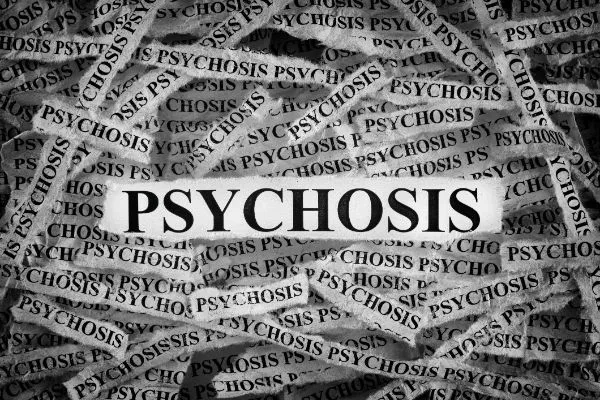Early Intervention Crucial For Psychosis Treatment

Some young people experience mental health crises that can be confusing and alarming. In the case of psychotic episodes, not all young people receive the support they deserve. Studies have shown that early intervention is crucial for the treatment of psychosis and results in better outcomes. Without early intervention after a psychotic episode, a person can become chronically disabled and may end up homeless or incarcerated.
What is Psychosis?
The word psychosis is used to describe conditions that affect the mind to the point where there is a break from reality. When a person has a break with reality, it is known as a psychotic episode. During a psychotic episode, a person becomes confused, and their thinking is altered. They may not be able to distinguish between what is real and what is not. Symptoms of psychosis include delusions (false beliefs) and hallucinations (auditory and/or visual). During a psychotic episode, a person may become anxious or depressed, have sleep problems, or lose their overall ability to function. Psychosis may be a symptom of a mental illness such as schizophrenia or bipolar disorder. It can also be caused by other factors such as sleep deprivation and prescription medication.
Early Intervention
Research has shown that when it comes to psychosis, early intervention is key. When an individual receives treatment after their first psychotic episode, it is likely they will never experience another episode. Early intervention helps preserve key factors in a person’s life, like personal relationships and work or school. Currently, nationwide, the median time between the first signs of psychosis and treatment is a year and a half. That is six times longer than the World Health Organization’s recommendation of three months or less.
States like California are working toward increasing the level of early interventions available. In 2019, Governor Gavin Newsom signed a bill that would provide $20 million to create early intervention programs and expand those that already exist. Each year, in California, an estimated 8,000 adolescents and young adults experience their first psychotic episode. Unfortunately, California does not have a centralized mental health care system, and it is up to each individual county to decide whether to provide early intervention services for psychosis.
If you or a loved one has a mental disability and has been arrested or convicted of a crime, you need an experienced criminal defense attorney on your side. Elizabeth Kelley specializes in representing individuals with mental disabilities. To schedule a consultation call (509) 991-7058.


